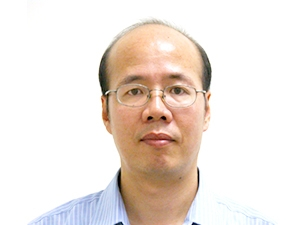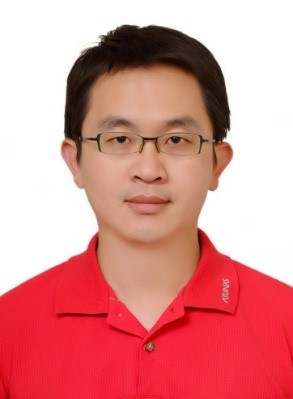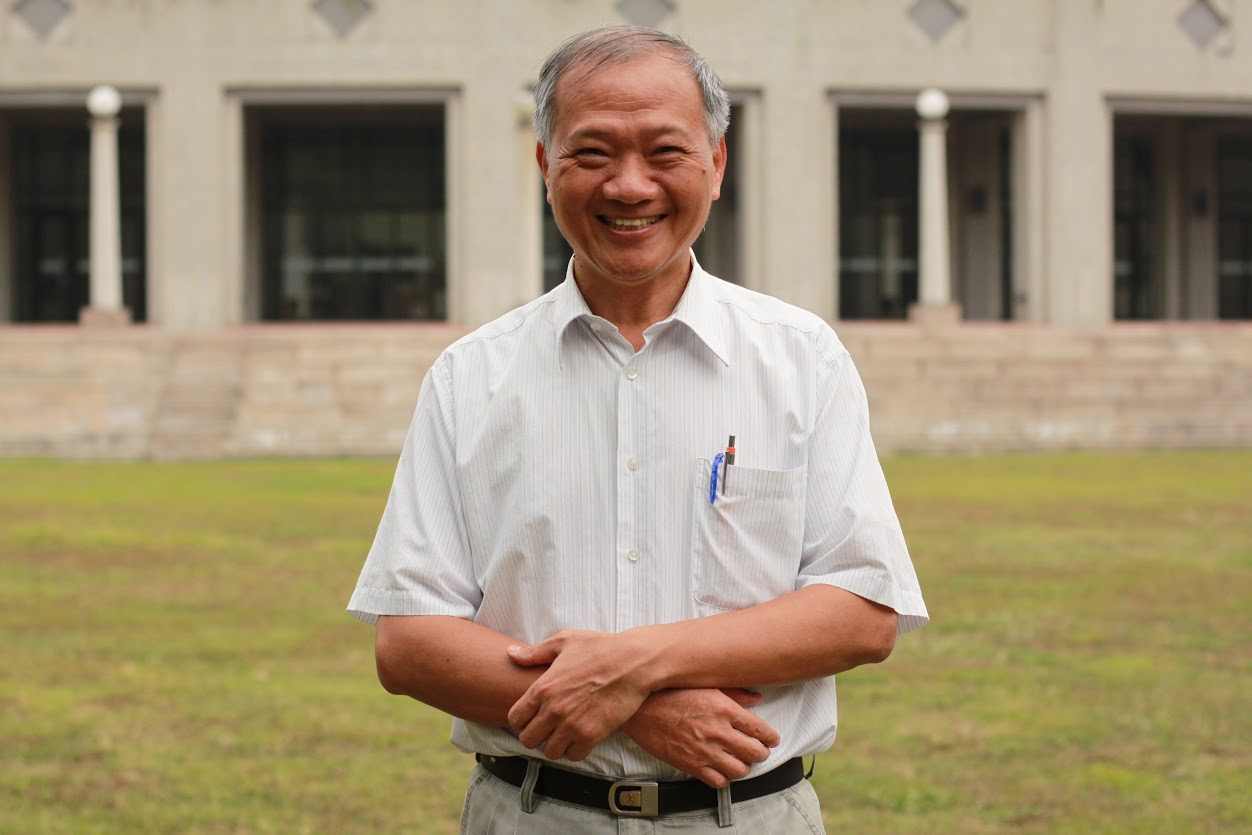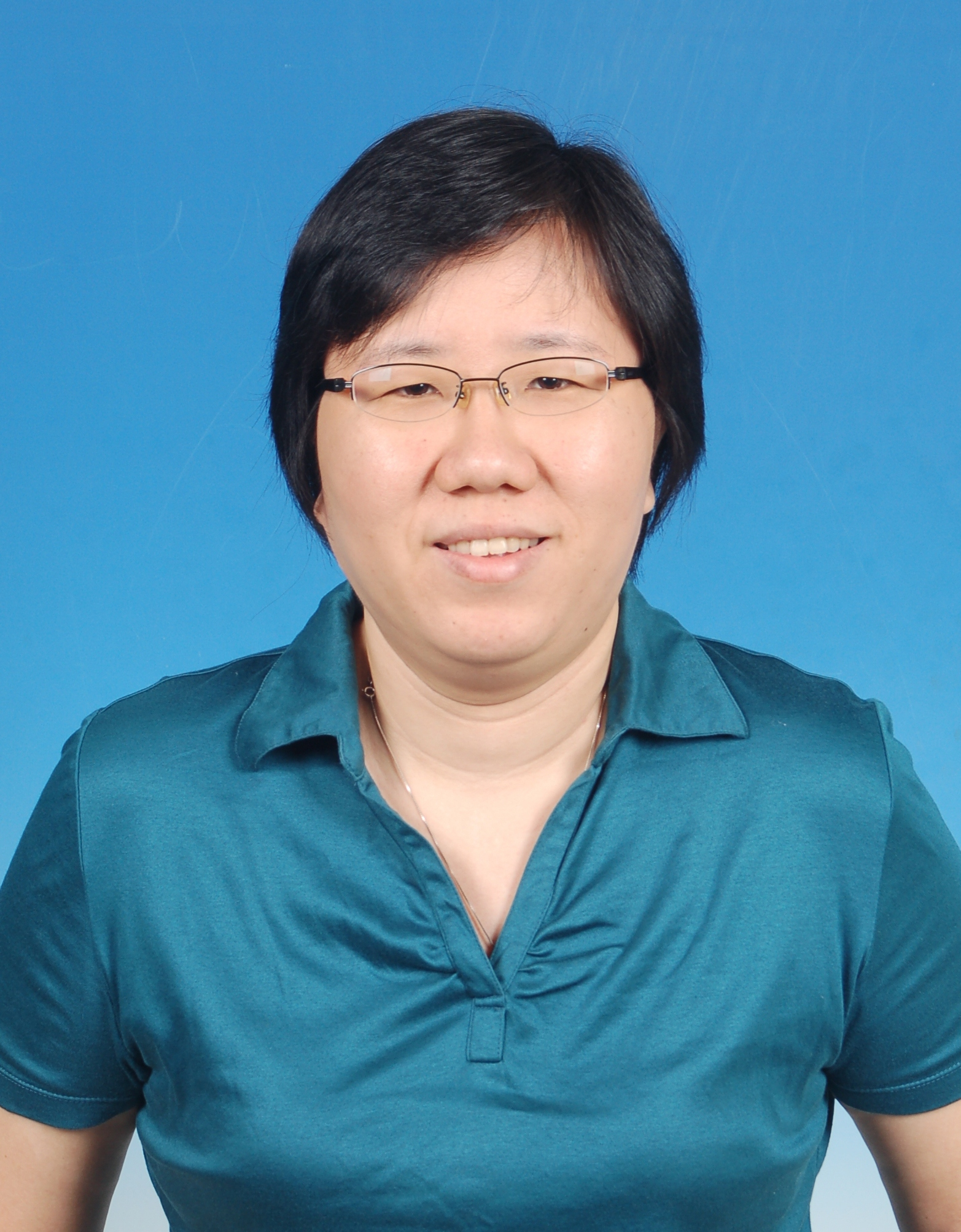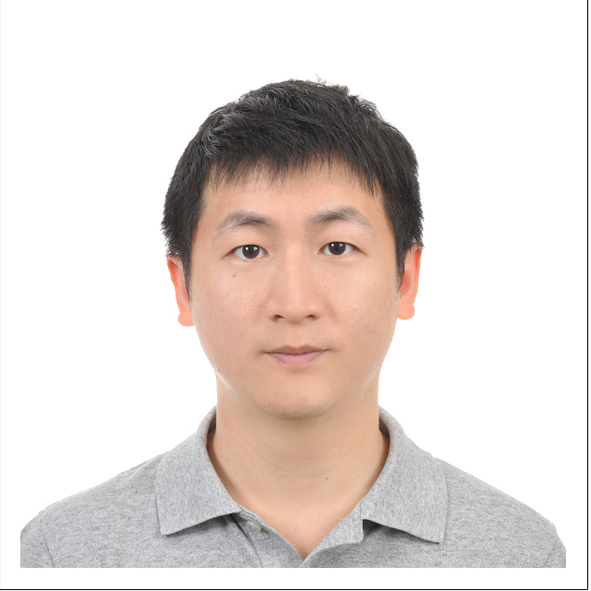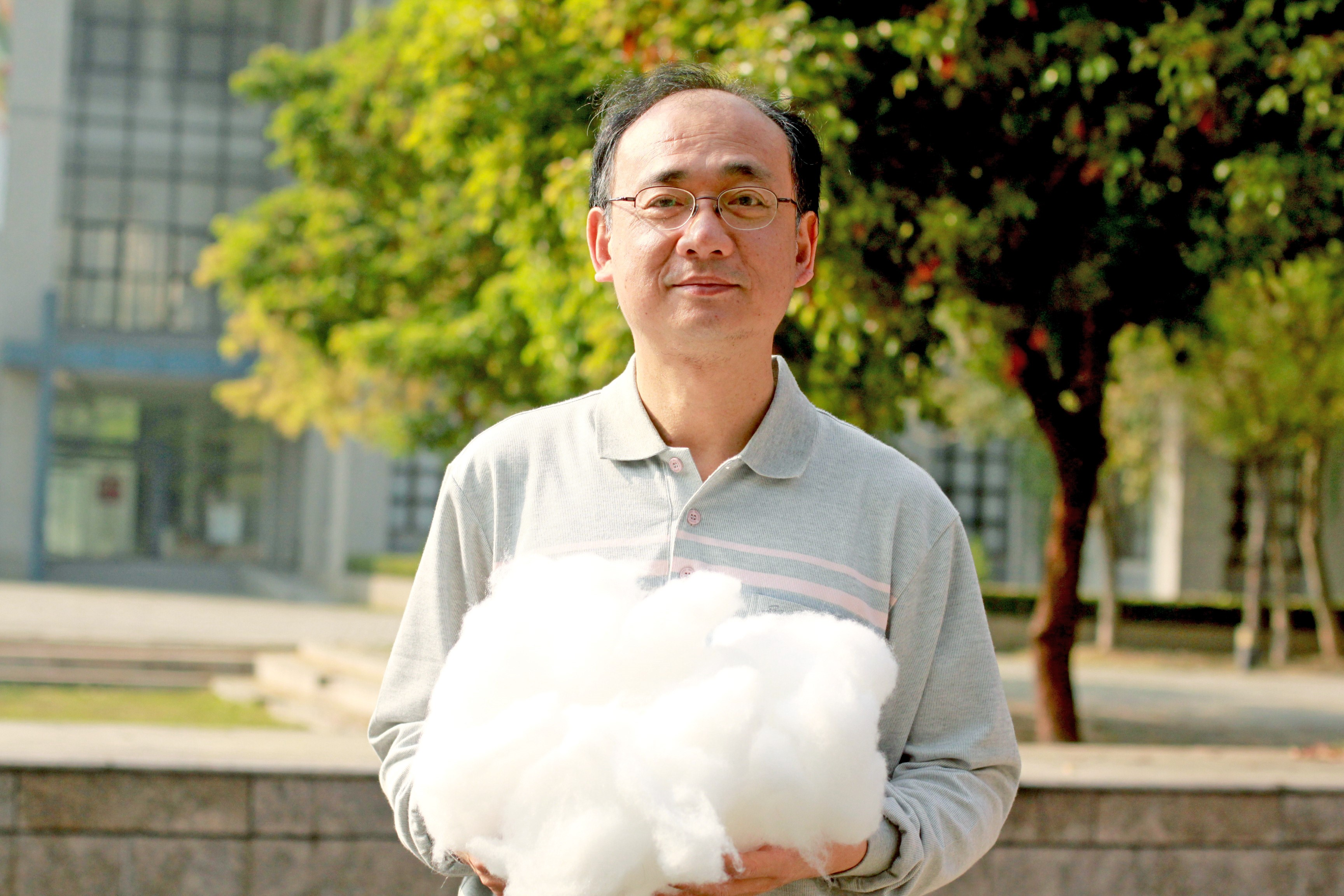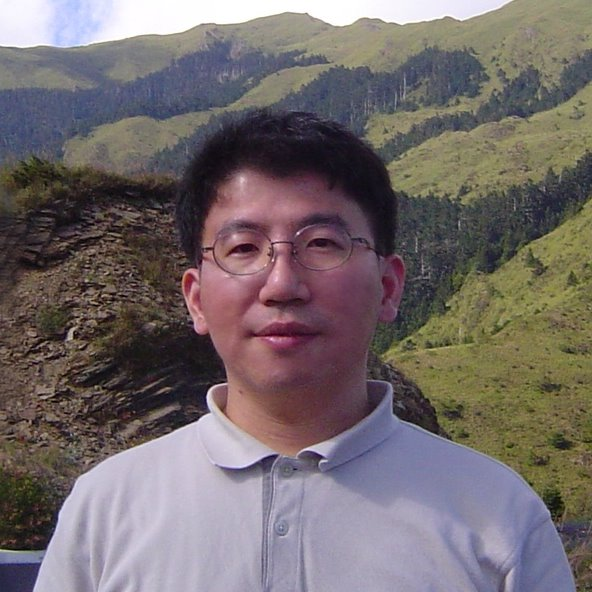Main Campus Address: No. 123 University Road, Section 3,Douliou, Yunlin County
website:https://eng.yuntech.edu.tw/Introduction
Founded in 1991, National Yunlin University of Science and Technology (YunTech) has become a university paradigm for other technological universities nationwide under the leadership of the former presidents and Dr. Yang Neng-Shu.
YunTech is a flagship technological university with five colleges, the College of Engineering, College of Management, College of Design, College of Humanities and Applied Sciences, and College of Future. These five colleges account for 23 undergraduate, 27 master’s and 13 doctoral programs. The student population is approximately 10,000, 68 percent of whom are undergraduates and 32 percent post-graduates. Among the distinguished faculty of the university, over 91 percent hold doctoral degrees and 99 percent have reached the position of assistant professor or above. More than 80 percent of the faculty has significant experience in industrial sectors and 90 percent received their doctoral degrees from renowned universities in Europe, the United States and elsewhere.
Innovative Education System
In terms of teaching, YunTech is focused on fostering and nurturing interdisciplinary talents. For this reason, YunTech has developed interdisciplinary industrial curriculum modules with the collective efforts from inter-departmental colleges, the PBL Center and College of Future. From the beginning of their freshman year, our students participate in the Freshman Project to study industrial knowledge and professional skills on campus. Their knowledge and skills mature progressively throughout the years. Moreover, the School is also committed to the development of PBL (problem-based learning) curriculum. PBL curriculum is designed to integrate with practical topics in each department. Talents are nurtured and trained through importing actual industrial and communal issues and the design of practical courses. YunTech endeavors to build an innovative atypical education system and promote College of Future. Through the design of maker space, course recruitment platform, self-directed learning, micro credits, deepen student learning course, X+1 course, and singularity module course, along with the support of a four-fold counselling team, we intend to provide assistance to students in developing IEP (Individualized Education Program) learning plans, gradually establish student-coordinated self-made IEP curriculum, and encourage them to expand their horizons globally. With these endeavors, we sincerely hope to establish YunTech as a new teaching system that “focuses on student learning, aims for adaptive development, uses educational innovation as a strategy, and adopts the society and industry as fields of learning”. For the bachelor’s degree program of the academic year 2018-2019 at YunTech, the freshmen registration rate and the dropout reduction rate were ranked in the top 5% in Taiwan. In terms of the stability rate of schooling published by the Ministry of Education, YunTech has ranked second in Taiwan, right after the National Taiwan University of Science and Technology. In addition, the College of Management of YunTech has been re-accredited for its performance in the past five years by the Association to Advance Collegiate Schools of Business (AACSB). Therefore, YunTech is the first university of science and technology that has passed AACSB’s re-accreditation in Taiwan, surpassing Taiwan University of Science and Technology in this respect.
School Features
“The needs of any student should not be ignored, and the university of science and technology should be connected to the industry.” Yuntech endeavors to achieve such mission through integrating the innovative system of our College of Future and the innovative energy of the Yuntech Industrial Technology Research Institute. The School aims to build a talent-nurturing educational environment and a mechanism to link research and development outcome with new business ventures. We intend to resolve domestic, industrial, social and global issues through the use of educational and R&D resources. We will continue to strive forward with innovation and transformation as our main strategy in order to achieve our goal as becoming a “pragmatic and practical paragon of all universities of science and technology”.
